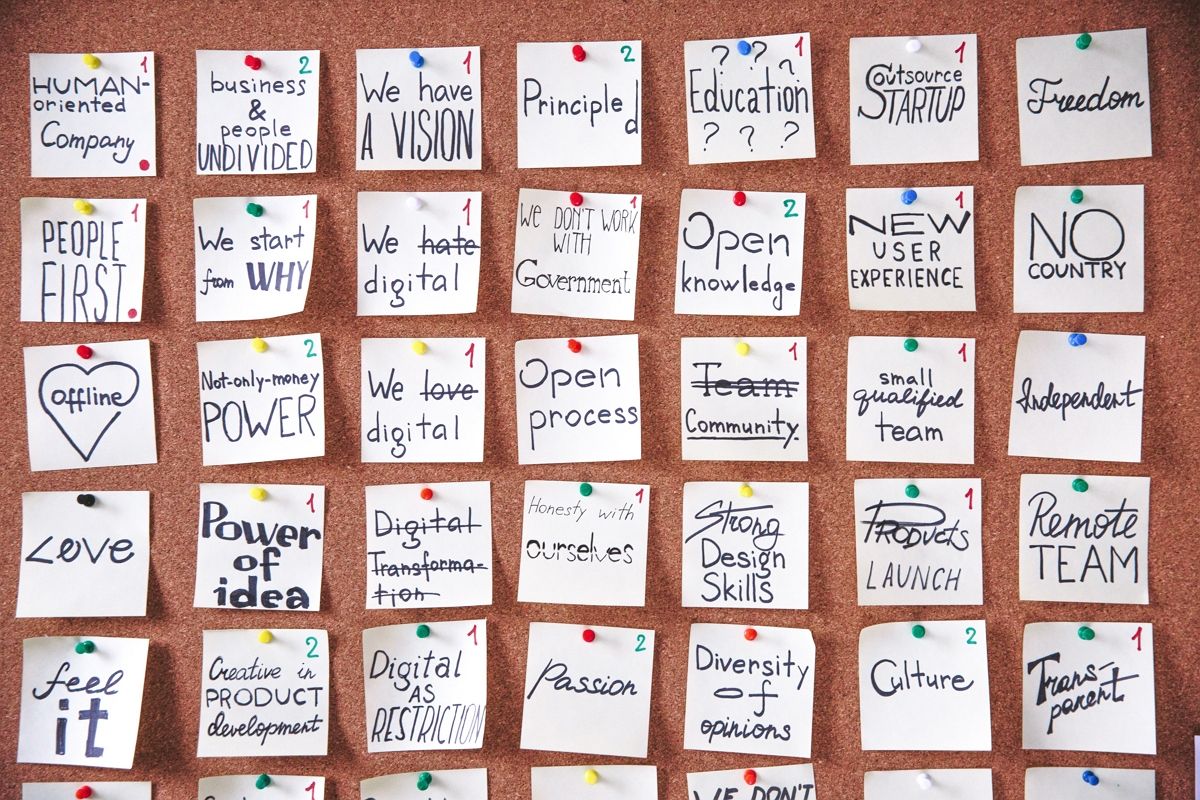Are you tired of feeling like you're not making enough progress on your personal development goals? It's time to try the 80/20 rule. This simple principle can revolutionize how you approach personal development, helping you focus your energy on the things that truly matter.
In this article, we'll explore some ways you can use the 80/20 rule to supercharge your personal growth and unlock your full productive potential.
1. Prioritizing Habits
One of the keys to achieving success in personal development is prioritizing the habits, practices, and activities that have the most significant impact on your growth. When applying the 80/20 rule, you should aim to find the 20% of your habits that contribute to 80% of your personal progress.
To get started, take a look at your current habits and activities. Ask yourself which ones are contributing the most to your personal development and which ones are holding you back or wasting your time. For example, if you spend 80% of your time on low-impact habits like scrolling through social media, you may not be making as much progress toward your goals as you could be.
Once you've identified these high-impact areas, make a plan to prioritize them in your daily routine. This might mean setting aside time each day or week to focus on these activities or finding ways to integrate them into your existing habits and routines.
For example, if you want to become more confident, you might identify activities like public speaking or networking as high-impact areas. These activities push you out of your comfort zone and help you build valuable skills to boost your confidence in all areas of your life.
2. Leveraging Your Biggest Strengths
When it comes to personal development, many people focus on improving their weaknesses. An alternative approach is to focus on developing your strengths. By identifying the 20% of your strengths that have the most impact on your day-to-day, you can achieve greater success and fulfillment in all areas of your life.
Take an inventory of your strengths. What are you naturally good at? What are your unique skill sets? Once you've identified your strengths, use the 80/20 rule to determine which ones will have the most significant impact on your personal growth and success.
Let's say you're naturally good at analyzing data and identifying patterns. You could leverage this by seeking out opportunities to apply your skills in areas such as business, finance, or research.
You could identify the skill that are in high demand in your field and dedicate your time to building them, so you would become an invaluable asset, achieving more fulfillment in your career. By leveraging your biggest strengths, you can create a positive cycle of growth and achievement toward greater success.
3. Setting SMART Goals
To achieve meaningful progress, it's important to set goals that are Specific, Measurable, Achievable, Relevant, and Time-bound (SMART). By aligning your goals with the 80/20 rule, you can also focus on the 20% that will have the most significant impact on your personal development and success.
Here's how you can use the SMART framework to set effective goals that align with the 80/20 rule:
- Specific: Your goals should be clear and specific. Rather than setting a vague goal like "improve my fitness," be more specific by setting a goal like "run a 5K race in under 30 minutes."
- Measurable: Your goals should be measurable so that you can track your progress and know when you've achieved them. In the example of running a 5K race, you could measure your progress by tracking your running time each week.
- Achievable: Your goals should be challenging but achievable. Setting unrealistic goals can lead to frustration and disappointment. Don't set a goal for running a 15K race if you know you're not up to the mark yet.
- Relevant: Your goals should be relevant to your personal development and aligned with your values and priorities. If you're not passionate about a goal you're working toward, you're less likely to achieve it.
- Time-bound: Your goals should have a deadline to create a sense of urgency and motivate you to take action. In the example of running a 5K race, you could set a deadline of three months from now to keep yourself accountable and motivated.
By breaking down your goals into specific, actionable steps, you can apply the 80/20 rule to focus on the most important actions to help you achieve your goals. Continuing the example of the 5K race, you could focus on the 20% of training activities that will have the most significant impact, such as interval training and strength exercises.
80/20 Your Way to Personal Growth
The 80/20 rule can be a powerful tool for personal development if you know how to use it. By focusing on the 20% of activities, strengths, and goals that will have the most significant impact, you can achieve more meaningful progress in all the areas of your life.




